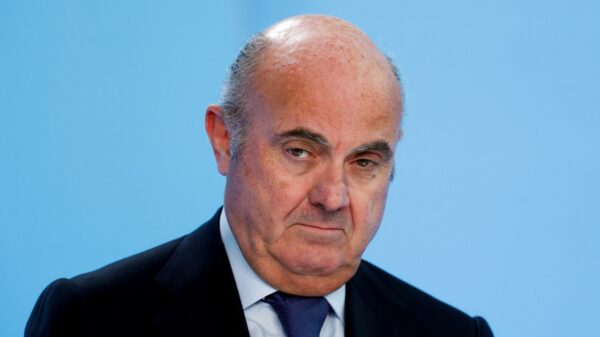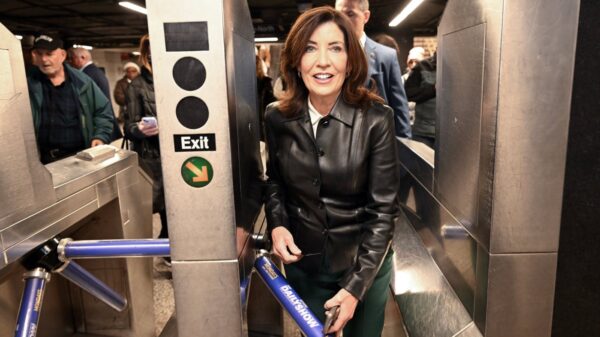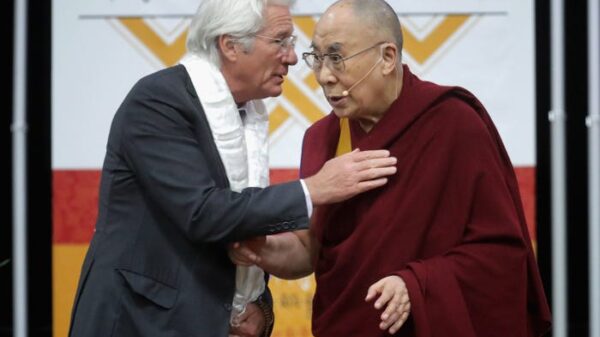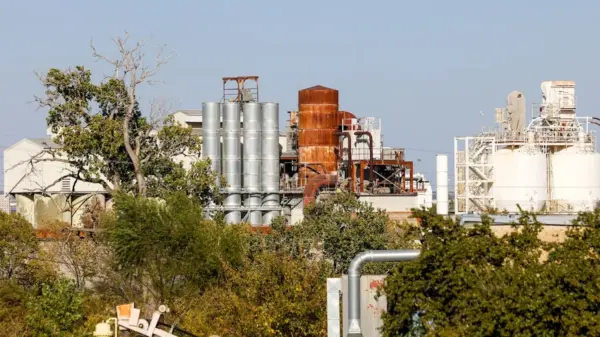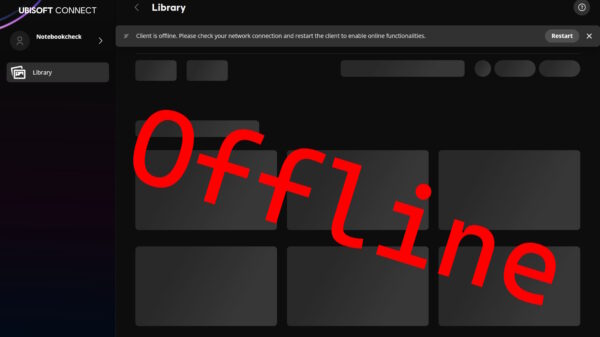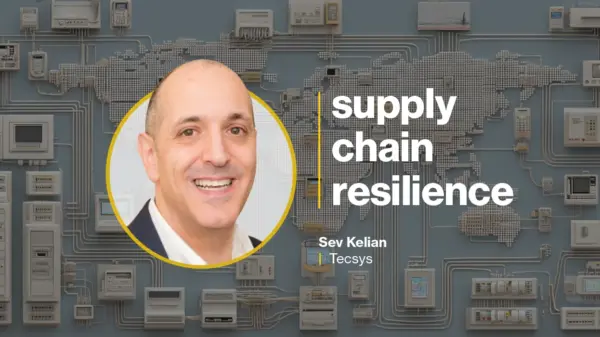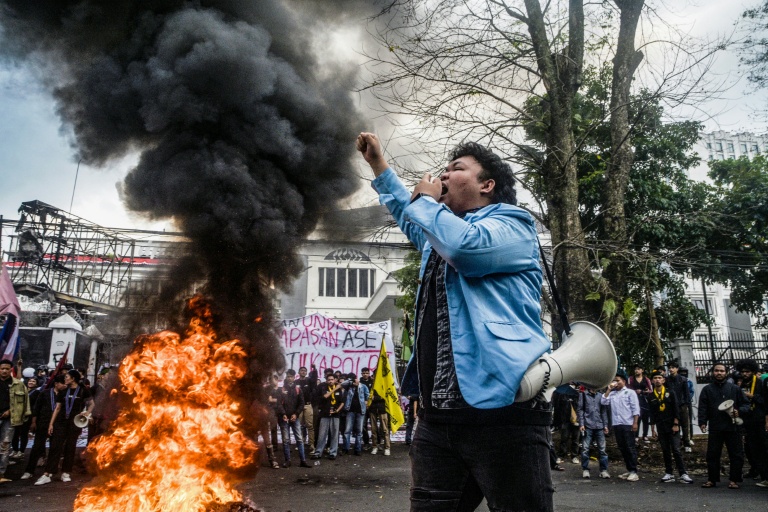UPDATE: Indonesia’s President Prabowo Subianto is taking urgent measures to regain public trust following deadly protests that left at least 10 dead and hundreds detained. In a significant cabinet reshuffle on October 9, 2023, Subianto replaced key ministers, including Finance Minister Sri Mulyani Indrawati, amid rising unrest fueled by economic grievances and public anger over police brutality.
The protests erupted over low wages and high unemployment, escalating after shocking footage showed a paramilitary police vehicle running over 21-year-old Affan Kurniawan, igniting outrage across the nation. Rights groups have condemned the government’s response, marking these riots as the largest during Prabowo’s presidency.
In a bid to address growing unrest, Prabowo has called for a restoration of public confidence in his administration, vowing accountability for the officers involved in Kurniawan’s death. “We can read this as damage control after the wave of public anger,” noted Rani Septyarini from the Center of Economic and Law Studies.
The newly appointed finance minister, Purbaya Yudhi Sadewa, has announced plans to inject an unprecedented $12 billion into the economy, aiming to spur growth and calm rising tensions. Prabowo’s administration has been under scrutiny for prioritizing costly mega-projects funded by budget cuts, which have already sparked protests earlier this year.
Political analysts warn that the cabinet changes, which aim to consolidate Prabowo’s power by replacing officials linked to former President Joko Widodo, may not sufficiently address the root causes of the public’s dissatisfaction. “This shows that the public has a real, legitimate problem with this administration,” emphasized Airlangga Pribadi Kusman, a political analyst.
While Prabowo maintains a high approval rating of over 80 percent, the growing discontent is evident as protests have turned increasingly violent, with mobs targeting government buildings and officials’ residences. The president’s strategy appears to focus on installing loyalists to execute his flagship programs rather than altering course to address pressing social issues.
Experts assert that for Prabowo to win back the public’s trust, he must confront the widening wealth gap and the challenges facing Indonesia’s democracy. “What we need is the determination from the president, a political will, and real progress,” stated Airlangga.
However, many remain skeptical about whether Prabowo’s new hires—who are largely from his inner circle—have the capability to improve conditions for Indonesians. Critics argue that without meaningful changes to social policies, further discontent could lead to more significant unrest. “If the corrections are half-hearted… the perception of justice will worsen, and the social pressure will continue,” warned Rani.
As the administration attempts to stabilize the situation, the public’s patience is wearing thin. Analysts believe that unless underlying grievances are addressed, another incendiary incident could trigger even larger protests. “This will be a time bomb,” cautioned Virdika Rizky Utama, a political researcher. “If things pile up, it will blow up.”
The situation remains fluid, and all eyes are on Prabowo’s next moves as Indonesia grapples with the fallout from these historic protests.








